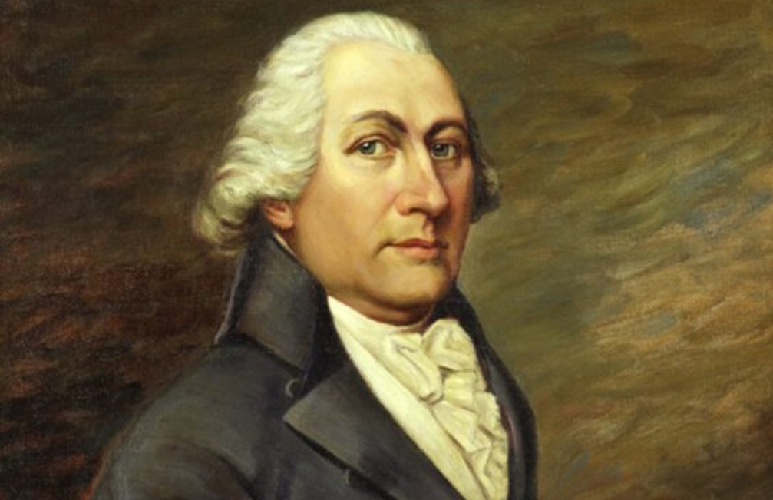This article is the first of a series exploring the history and evolution of election law, leading up to what promises to be the most pivotal election of our lifetime.
The Articles of Confederation, adopted in 1781, were a written agreement establishing a loose confederation of sovereign states, with each colony retaining its independence and sovereignty while cooperating for mutual defense and governance. This compact emerged during the Revolutionary War, which began in 1775 with battles like Bunker Hill signaling the colonies’ fight against British rule. However, the Articles soon proved inadequate due to the weak limited form of government they created, leading to the 1787 Constitutional Convention, where some delegates sought a more effective national framework. The resulting U.S. Constitution, starting with the very first article, established the election clause in Article I, Section 4, in which states under themselves reserved control over elections while permitting federal oversight.
Thanks to Tom Murray for this contribution – send yours to steve@granitegrok.com
The debates at the convention highlighted the struggle between federalism, championed by figures like James Madison, who favored a strong centralized government through proposals like the Virginia Plan, and anti-federalism, advocated by leaders like Patrick Henry, George Mason, and Luther Martin, who emphasized state sovereignty and resisted top-down governance akin to a monarchy or a parliamentary form of government.
The acceptance letter from New Hampshire’s ratification of the U.S. Constitution, read by John Langdon in Portsmouth in 1788, included specific conditions reflecting the state’s concerns over federal power. One of the key stipulations stated: “Thirdly, That Congress do not exercise the powers vested in them by the fourth Section of the first Article, but in cases when a state shall neglect or refuse to make the regulations therein mentioned, or shall make regulations Subversive of the rights of the People to a free and equal Representation in Congress. Nor shall Congress in any Case make regulations contrary to a free and equal Representation.-.”
This provision aimed to ensure that the power granted to Congress over election regulations would only be used as a safeguard, intervening only if a state failed to establish appropriate election rules or enacted measures that threatened the people’s right to fair and equal representation in Congress. By including such conditions, New Hampshire sought to balance federal oversight with the protection of state sovereignty and the rights of its citizens, ensuring that Congress would only intervene to protect the people’s right to fair representation.
Tom Murray is a co-founder of the Government Integrity Project
